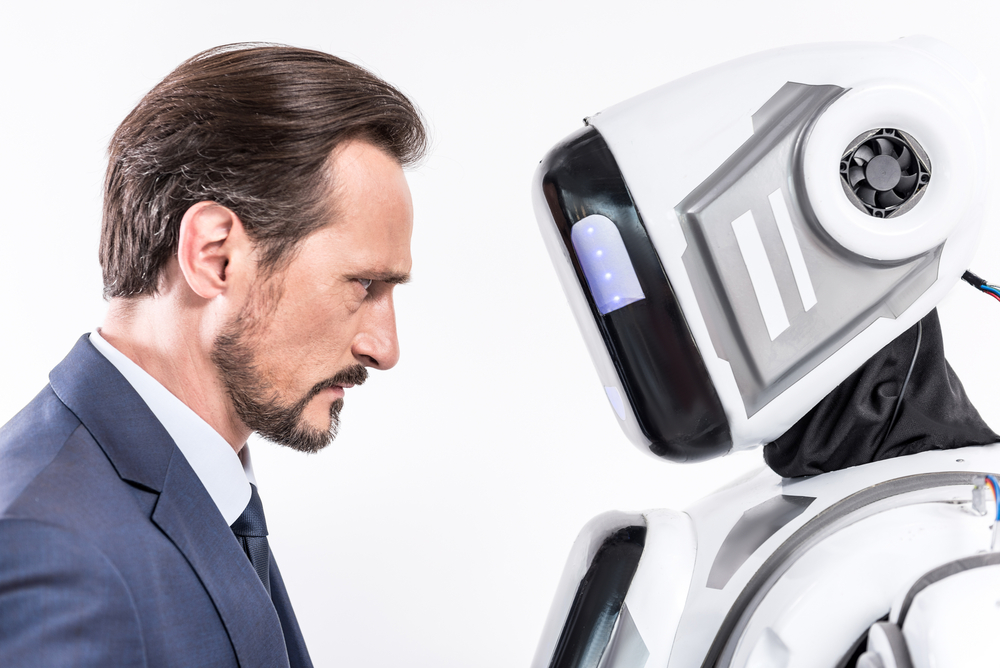Robots and Artificial Intelligence have been a part of our culture for centuries. They first emerged during the first Industrial Revolution in the early 1900s. At that time, they were used as a metaphor to protest the technological advances that were harming humans. They were seen as a way to replace humans in the workforce. They were also seen as a way to protest inhumane work conditions and capitalistic extremes.
Today, we’re just as afraid of robots as we were then. Themes surrounding robots and AI haven’t changed much over the decades. Why? Why are we so afraid of robots?
Robots provide a dark mirror of humanity
We are responsible for creating robots. It’s our first taste of godhood. Just like certain deities may have made us in their image, so too do we expect robots to be made in our own image. The problem is that we’re actually terrified of our own images.
Of all the species that live on Earth, we’re the only ones with the greatest achievements and disasters. We built spaceships. We also killed thousands of people because of their ethnicity. We invented electricity and harnessed the power of the sun. We also enslaved people in the pursuit of profit, then continued to hinder their prosperity in society through systemic racism.
If we’re capable of such incredible feats and abhorrent cruelty, then why shouldn’t the things we create be able to do the same? We’re frightened of robots because we’re worried that they may learn from our worst mistakes.
Most robotic fiction always features a rebellion of some sort. The robots versus the humans. Why? Because they learned the art of warfare from their creators. The problem is they’re better at it.
Robots will take our jobs
Another deep fear that pervades the human psyche is that robots and AI will take over jobs. This is already happening. While AI still has some way to go, it’s being used to replace writers, software engineers, and even surgeons. In factories, the biggest threat lurks.
Without a cushion put into place to help the displaced and unemployed manual workers, this fear is understandable. Humans are terrified of what their role in the world is without being at the heart of capitalism. What happens to them when their employer overlords no longer want to waste money on human inefficiency and error?
This fear is unfounded the moment that governments enact some form of universal income. In fact, robots may even free societies. While working has become a strong sense of identity in certain social groups, identities can always change. Why be defined by what your profession is when you can be defined by what you create or do with your spare time?
Robots shouldn’t be feared when they come to take your job. They should be celebrated. They’re there to free the individual from the chains of capitalism.
However, this only works when the government enacts a universal base income to allow displaced workers to still take part in capitalism.
Robots as a symbol of protest
There’s a different kind of fear over robots from an employer or government body’s standpoint. Robots can quickly become a symbol of protest. Protest against capitalism. Protest against unfair labor laws. Protest against employment in general.
Robots are many. Corporations and government officials are few. When robots symbolize the workforce, a different fear is born. It reminds the general workforce that they’re not as powerless as they may believe that they are. Not when they’re unified and endless in population.
Robots of the future
There’s a lot of fear over the development of robots and the advancement of AI. That fear is misplaced. It should be focused on corporations, that want to replace human workers to save a dollar, and it should be focused on government bodies that refuse to put together universal basic income policies to protect their citizens. Robots aren’t the boogeyman. Humans are.




